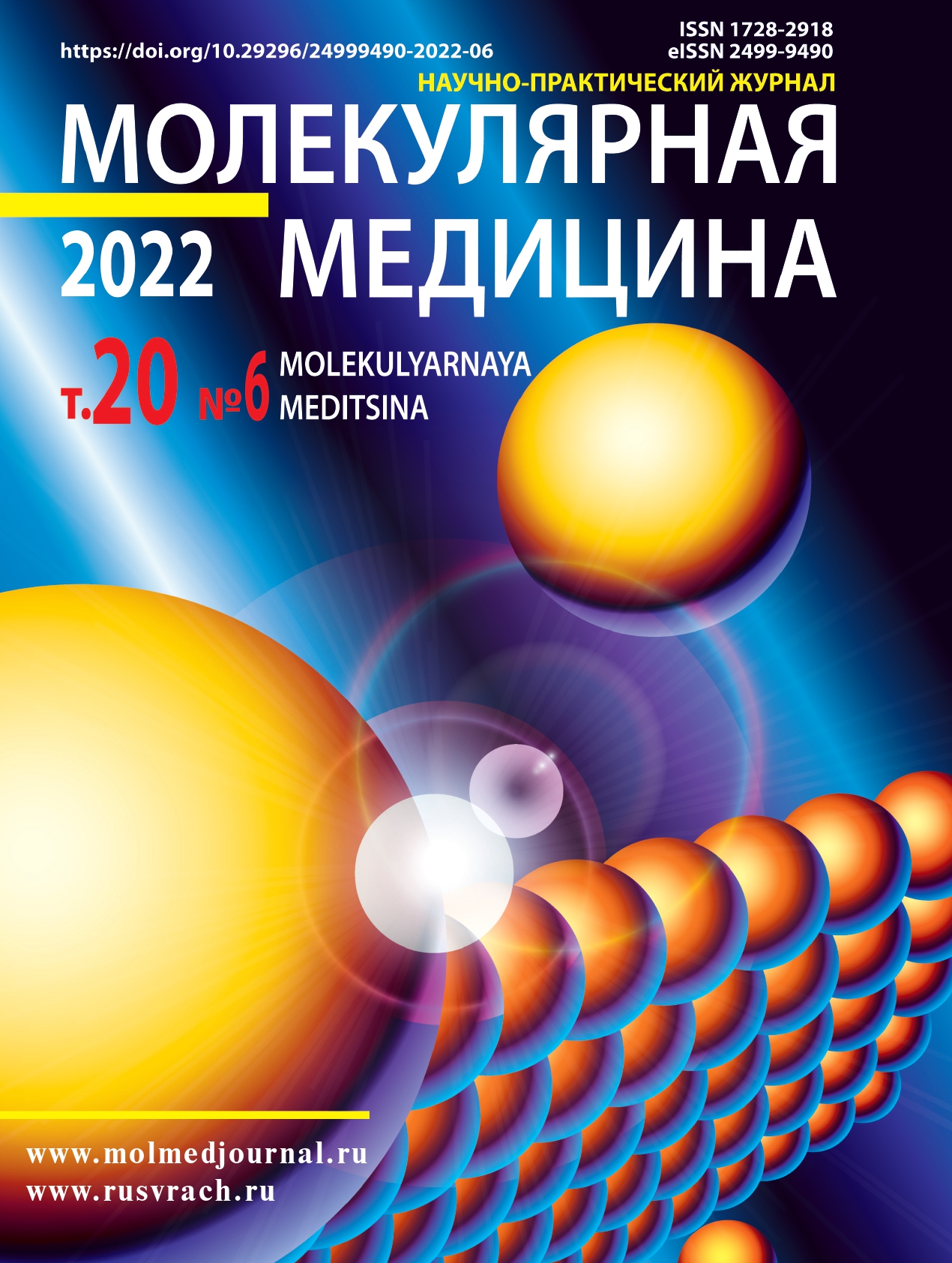Application of mesenchymal stem cells and extracellular vesicles in infectious treatment
- Authors: Yudintceva N.M.1, Shevtsov M.A.1, Khotin M.G.1, Vinogradova T.I.2, Muraviov A.N.2,3, Remezova A.N.2, Mikhailova N.A.1
-
Affiliations:
- Institute of Cytology of the Russian Academy of Sciences (RAS)
- Saint-Petersburg State Research Institute of Phthisiopulmonology of the Ministry of Healthcare of Russian Federation
- Private University «Saint-Petersburg Medico-Social Institute»
- Issue: Vol 20, No 6 (2022)
- Pages: 16-24
- Section: Reviews
- URL: https://journals.eco-vector.com/1728-2918/article/view/321278
- DOI: https://doi.org/10.29296/24999490-2022-06-03
- ID: 321278
Cite item
Abstract
Mesenchymal stem cells (MSCs) are attractive in various fields of regenerative medicine due to their therapeutic potential and complex unique properties. Basic stem cell research and the global COVID-19 pandemic have given impetus to the development of cell therapy for infectious diseases.
The aim of this review is to systematize scientific data on the use of MSCs and their extracellular vesicles (MSC-EVs) in the complex treatment of infectious diseases.
Material and methods: an analysis of the main foreign sources in the databases of NCBI, Elsevier, PubMed/Medline for 2004–2022 was carried out.
Results. Application of MSCs and MSC-EVs in the treatment of infectious diseases has an immunomodulatory, anti-inflammatory and antibacterial effect, and also promotes the restoration of the epithelium and stimulates tissue regeneration. The use of MSC-EVs is a promising cell-free treatment strategy that allows solving the problems associated with the safety of cell therapy and increasing its effectiveness.
Conclusion. In this review, experimental data and clinical trials based on MSCs and MSC-EVs for the treatment of infectious diseases are presented. MSCs and MSC-EVs can be a promising tool for the treatment of various infectious diseases in combination with antiviral drugs. Using of MSC-EVs instead of cells is a more promising strategy for cell-free treatment, since it allows solving various problems of cell therapy.
Full Text
About the authors
Natalia M. Yudintceva
Institute of Cytology of the Russian Academy of Sciences (RAS)
Author for correspondence.
Email: yudintceva@mail.ru
ORCID iD: 0000-0002-7357-1571
Senior researcher. PhD of biological sciences
Russian Federation, Tikhoretsky ave., 4, St. Petersburg, 194064Maxim Alekseevich Shevtsov
Institute of Cytology of the Russian Academy of Sciences (RAS)
Email: shevtsov-max@mail.ru
ORCID iD: 0000-0002-8539-2239
Leader scientific worker. Doctor of biological sciences.
Russian Federation, Tikhoretsky ave., 4, St. Petersburg, 194064Mihail G. Khotin
Institute of Cytology of the Russian Academy of Sciences (RAS)
Email: h_mg@mail.ru
ORCID iD: 0000-0002-8293-6368
Scientific researcher. PhD of biological sciences.
Russian Federation, Tikhoretsky ave., 4, St. Petersburg, 194064Tatiana I. Vinogradova
Saint-Petersburg State Research Institute of Phthisiopulmonology of the Ministry of Healthcare of Russian Federation
Email: vinogradova@spbniif.ru
ORCID iD: 0000-0002-5234-349X
Expert scientific worker. Doctor of medical sciences, Professor.
Russian Federation, Ligovsky ave., 2–4, St. Petersburg, 191036Alexandr N. Muraviov
Saint-Petersburg State Research Institute of Phthisiopulmonology of the Ministry of Healthcare of Russian Federation; Private University «Saint-Petersburg Medico-Social Institute»
Email: urolog5@gmail.com
ORCID iD: 0000-0002-6974-5305
Leader scientific worker. PhD of medical sciences.
Russian Federation, Ligovsky ave., 2–4, St. Petersburg, 191036; Kondratievsky ave., 72, lit. А, St. Petersburg, 195271Anna N. Remezova
Saint-Petersburg State Research Institute of Phthisiopulmonology of the Ministry of Healthcare of Russian Federation
Email: ani199520@yandex.ru
ORCID iD: 0000-0001-8145-4159
junior researcher. PhD student.
Russian Federation, Ligovsky ave., 2–4, St. Petersburg, 191036Natalia A. Mikhailova
Institute of Cytology of the Russian Academy of Sciences (RAS)
Email: natmik@mail.ru
ORCID iD: 0000-0002-8888-0190
Leader scientific worker. Doctor of biological sciences.
Russian Federation, Tikhoretsky ave., 4, St. Petersburg, 194064References
Supplementary files






